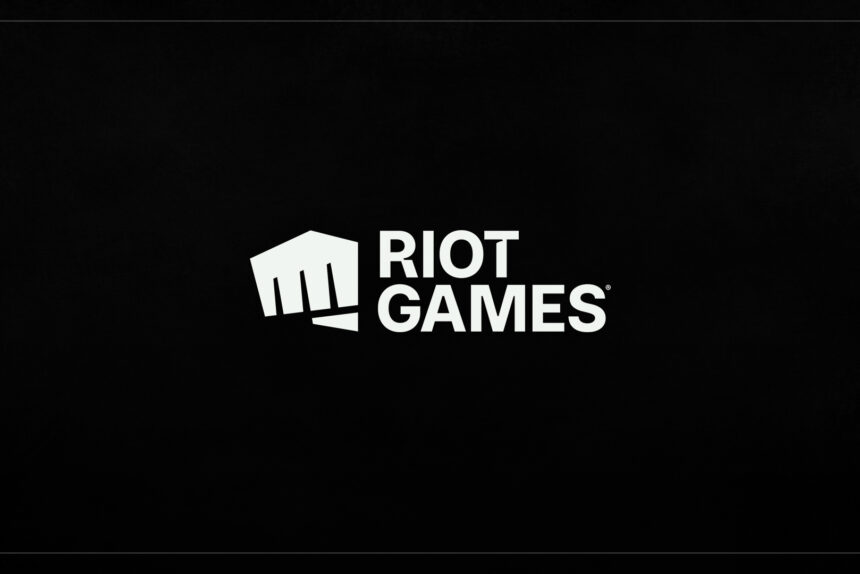Tencent’s Riot Games lays off 11% of staff globally

23.01.2024
Riot Games, the creator of popular video games like “League of Legends” and “Valorant,” is undergoing a workforce reduction, eliminating 11% of its global staff, marking another instance of downsizing in the tech industry.
The Los Angeles-based company, owned by the Chinese tech giant Tencent, announced the decision on Monday, citing the necessity of cutting approximately 530 roles as “critical for the future of Riot.”
In a memo to employees, CEO Dylan Jadeja attributed the move to escalating costs and unsuccessful ventures, stating, “We have to do more to focus our business and center our efforts on the things that drive the most player value — the things that are truly worth players’ time. This is absolutely the last thing we ever wanted to do.”
Riot’s layoffs contribute to the broader trend of significant job cuts in the American tech and media sectors, impacting thousands of individuals this month. In the initial weeks of 2024 alone, notable tech companies like Google and Amazon announced over 5,500 layoffs, including 500 from Twitch, Amazon’s video game streaming platform.
Tencent acquired Riot Games in 2011, expanding its influence after securing licensing rights for Riot’s flagship title “League of Legends” in mainland China. While “League of Legends” achieved immense success, Riot faced calls to diversify its business. In 2019, co-founder Marc Merrill indicated plans for diversification, but the company’s ambitious pursuits may have outpaced its capabilities.
In Monday’s memo, Jadeja outlined Riot’s aggressive pursuit of growth since 2019, acknowledging a lack of focus and too many simultaneous initiatives. The company will now streamline its focus on core games, scaling back the teams behind projects such as “Legends of Runeterra,” an online card game, and winding down “Riot Forge,” a subsidiary working on new games within the “League of Legends” universe.
Jadeja emphasized that these changes are not merely to satisfy shareholders or meet quarterly earnings targets but are deemed a necessity. The company aims to prioritize its core games moving forward.
These developments at Riot coincided with changes in China’s gaming landscape, where the gaming regulator removed draft rules from its website that intended to curb spending in online video games. This move sparked speculation about potential revisions to the regulations. In response, Tencent and NetEase, Chinese gaming rivals, saw a notable increase in their stock prices in Hong Kong.